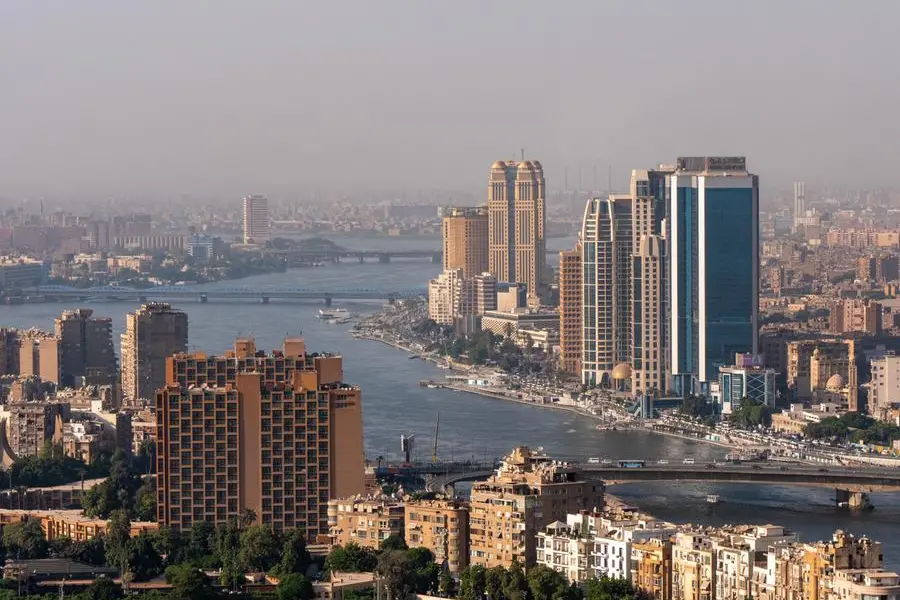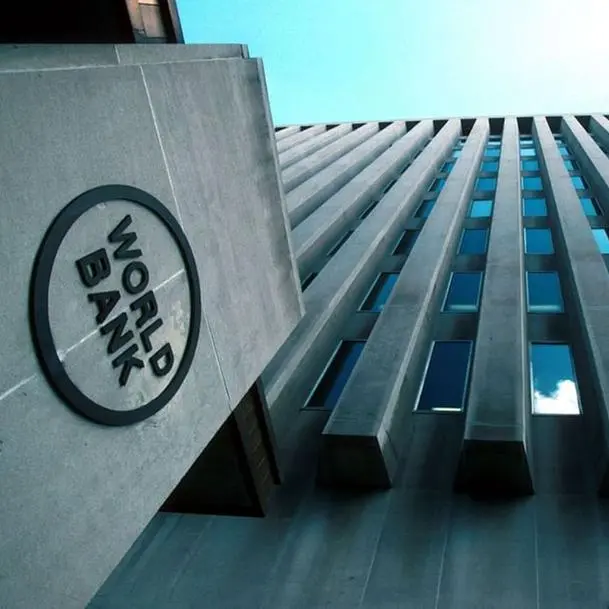PHOTO
A mega investment deal finalized between Cairo and Abu Dhabi in late February will boost Egypt’s international cash reserves and reduce its swelling external debt, according to the Institute of International Finance (IIF).
The Washington-based IIF, which groups over 400 major financial institutions in industrial countries, said in a report that the positive market reaction to the partnership agreement to develop Ras Al-Hikma Peninsula west of the Northern Mediterranean Port of Alexandria is well warranted as the large “windfall” of hard currency will help ease the financing pressures Egypt was facing.
IIF had earlier forecast that Egypt’s total financing needs are around $15 billion and that most of this gap was going to be filled by a new, expanded, IMF programme and by proceeds from privatization.
“However, the $24 billion in FX liquidity that the UAE will transfer to Egypt will help cover any remaining financing needs in the foreseeable future though we expect part of this cash to be used for other means, such as clearing the import backlog or for moderating the pressure in the parallel exchange rate market,” IIF said in the report sent to Zawya Projects on Friday.
It said the additional inflows of about $8 billion from the IMF program will further bolster Egypt’s reserve assets, helping cover some of the large IMF repurchases due in the next 2 fiscal years while also mobilizing other multilateral aid.
“The combined inflows from the IMF and the Ras El-Hikma project can lead to gross international reserves increasing to over $50 billion, an equivalent to 8 months of imports by the end of the current fiscal year,” IIF said.
The announced cash injection will also reduce net foreign liabilities at the Egyptian Central Bank and help Egypt’s debt-to-GDP ratio, it said.
According to the report, the $11 billion in UAE deposits that is being converted to Egyptian pounds will help reduce net foreign liabilities at the Central Bank by around 3% of GDP, leading the CB to post a positive net foreign asset position in fiscal year 2023-2024, which ends on June 30.
“More importantly, the elimination of the UAE deposits will reduce total external debt. In dollar terms, we forecast total external debt to fall from a peak of $165bn in fiscal 2022-2023 to $157bn in 2023-2024,” IIF said.
It added:”The large influx of hard currency is a valuable short-term fix… however, Egypt must remain on the reform path for long-term sustainability.”
(Writing by Nadim Kawach; Editing by Anoop Menon)
Subscribe to our Projects' PULSE newsletter that brings you trustworthy news, updates and insights on project activities, developments, and partnerships across sectors in the Middle East and Africa.





















